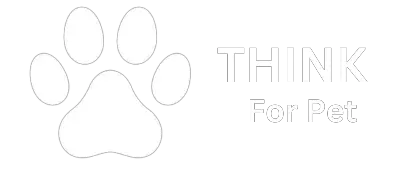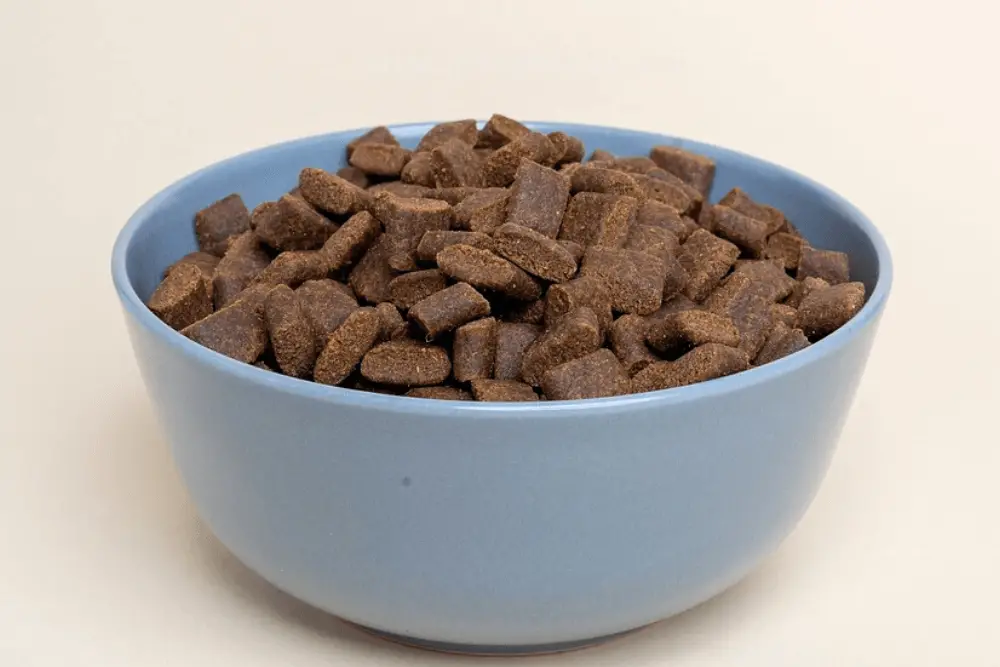As a dog owner, I’ve had my fair share of challenges. One of the most daunting being when my furry friend developed bowel incontinence. I faced an uphill task of finding the best dog food for bowel incontinence. It was a challenging journey, but it led me to a wealth of knowledge that I feel compelled to share with fellow pet parents. This comprehensive guide walks you through the steps I took to manage my dog’s bowel incontinence and the factors I considered when selecting the best dog food.
Factors to Consider When Choosing the Best Dog Food for Bowel Incontinence
The first step was understanding the factors to consider when selecting the best dog food for bowel incontinence. It’s important to note that not all dog foods are created equal. Some foods are better suited for dogs with bowel incontinence than others.
Firstly, consider the nutritional content of the food. Dogs with bowel incontinence require a diet that’s high in fibre. Fibre helps to add bulk to the stools, making them easier to control. Secondly, consider the quality of the ingredients. The best dog food for bowel incontinence should contain high-quality, easily digestible ingredients to reduce the likelihood of exacerbating the condition. Lastly, consider your dog’s specific needs. Age, breed, and overall health status can affect your dog’s dietary requirements.
Understanding the Importance of Diet for Dogs with Bowel Incontinence
Diet plays a critical role in managing bowel incontinence in dogs. A well-balanced diet not only ensures that your dog gets the necessary nutrients but also aids in regulating bowel movements. By providing the best dog food for bowel incontinence, you’re also ensuring that your dog’s digestive system functions optimally.
The right diet can also help to alleviate some of the symptoms associated with bowel incontinence. For instance, a high-fiber diet can help to reduce the frequency of bowel movements, giving your dog more control. It’s also worth noting that some dog foods are fortified with probiotics, which can help to promote healthy gut flora.
The Role of Veterinary Nutritionists in Managing Bowel Incontinence
Veterinary nutritionists can play a crucial role in managing bowel incontinence in dogs. They’re equipped with the knowledge and expertise to recommend the best dog food for bowel incontinence based on your dog’s specific needs.
A veterinary nutritionist can conduct a thorough assessment of your dog’s health status and provide a customized diet plan. They can also advise on the appropriate feeding schedule and portion sizes. Keep in mind that managing bowel incontinence is not just about selecting the right dog food. It also involves adopting the right feeding practices.
Homemade Diets for Dogs with Bowel Incontinence
Some pet owners prefer to prepare homemade diets for their dogs with bowel incontinence. While this can be a viable option, it’s important to ensure that the homemade diet meets your dog’s nutritional needs.
Homemade diets should be balanced and complete. They should contain the right proportions of proteins, fats, carbohydrates, and fibre. It’s also important to include a variety of food sources to ensure that your dog gets a wide range of nutrients. Consulting with a veterinary nutritionist can be beneficial in formulating the right homemade diet for your dog.
What to Look for in the Best Dog Food for Bowel Incontinence
When shopping for the best dog food for bowel incontinence, there are a few key things to look for. Firstly, check the fiber content. The food should be high in fiber to help regulate bowel movements. Secondly, look for food that contains easily digestible ingredients. This can help to reduce the strain on your dog’s digestive system.
Additionally, consider the food’s formulation. Some dog foods are specially formulated for dogs with specific health conditions. For instance, there are foods designed for senior dogs, dogs with sensitive stomachs, and dogs with bowel incontinence. Lastly, consider your dog’s preferences. Even the best dog food for bowel incontinence won’t do much good if your dog refuses to eat it.
Veterinary Advice on Managing Bowel Incontinence in Dogs
Veterinary advice is crucial in managing bowel incontinence in dogs. Your vet can provide guidance on the appropriate treatment options based on your dog’s specific condition. They can also recommend the best dog food for bowel incontinence.
In addition to dietary modifications, your vet may recommend other management strategies. These can include medication, exercise, and behavioural modifications. Remember, managing bowel incontinence is a holistic process that involves addressing the underlying cause of the condition as well as the symptoms.
Where to Buy the Best Dog Food for Bowel Incontinence
Finding the best dog food for bowel incontinence can be a daunting task. However, there are several places where you can purchase high-quality dog food. Pet stores, both physical and online, are a great starting point. They often carry a wide range of dog foods, including those specially formulated for dogs with bowel incontinence.
Veterinary clinics often sell prescription diets that may be suitable for your dog. Alternatively, you can purchase dog food directly from the manufacturer. This can be a good option if you’re looking for a specific brand or formulation.
FAQs About Bowel Incontinence and Diet in Dogs
It’s normal to have questions about bowel incontinence and diet in dogs. To help you navigate this complex topic, I’ve answered some of the most frequently asked questions.
What causes bowel incontinence in dogs?
Bowel incontinence in dogs can be caused by a variety of factors, including age, underlying health conditions, and certain medications.
Can diet help manage bowel incontinence in dogs?
Yes, diet can play a crucial role in managing bowel incontinence in dogs. A diet high in fiber can help regulate bowel movements and give your dog more control.
Can a homemade diet be suitable for a dog with bowel incontinence?
Yes, a homemade diet can be suitable for a dog with bowel incontinence, provided it meets the dog’s nutritional needs. It’s advisable to consult with a veterinary nutritionist when formulating a homemade diet for your dog.
Conclusion: The Journey to Managing Bowel Incontinence with the Right Dog Food
Managing bowel incontinence in dogs can be a challenging journey. But, with the right information and guidance, it’s possible to find the best dog food for bowel incontinence. Remember, every dog is unique, and what works for one dog may not work for another. Therefore, it’s important to work closely with your vet or a veterinary nutritionist to find the most suitable diet for your dog. With patience and perseverance, you can help your furry friend lead a healthier, happier life.

